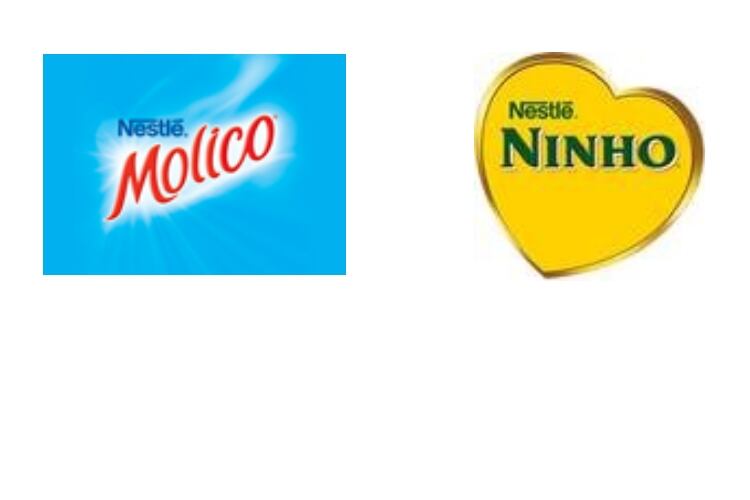Following an investment of R$140m (US$33.3m) in the last five years, all Ninho brand long-life milks, and Molico, the leading brand in the skimmed milk segment, Nestlé says, will reach points of sale containing only simple and recognizable ingredients on the labels.
The company said the move is not only aligned with its purpose, to improve quality of life and contribute to a healthier future, but also it is a response to global trends, which show that people are increasingly looking for natural products that are free of additives.
Stabilizers unnecessary
Stabilizers are included in UHT milks to keep the product stable, ensuring its freshness as close to its original state as possible. Nestlé said it was possible to completely eliminate the need for stabilizers in Ninho and Molico milks because the products are high quality and the additive was unnecessary.
According to comparative studies conducted by analysis laboratories approved by the Ministry of Agriculture, the quality of milk captured by Nestlé scores better in criteria such as total bacterial count, somatic cell count, fat and protein.
The multinational said this is due in part to around R$27m (US$6.4m) per year investment in programs such as Good Practices in the Farm, Technical Assistance to Partners, Quality Appreciation System, as well as research and other services.
Even though Brazilian law requires production tests to be performed once a month, Nestlé said it performs checks weekly. Milk is collected daily and can be taken within 48 hours from the time of milking to packaging. All the collection is done in trucks sealed to prevent contamination during transport and the first test, the acidity test, is done before the milk leaves the farm.
Detailed analysis
When it arrives at the factory, the milk is subjected to other tests, which, among other analyses, verify the milk solids, the fat and possible contaminants, only entering the plant after being released by the laboratories.
Vitamins and minerals are then added - in the case of NEST, part of the Forti + complex, specially developed for the nutritional needs of the Brazilian child. Samples are collected throughout the process, which facilitates traceability of the product.

